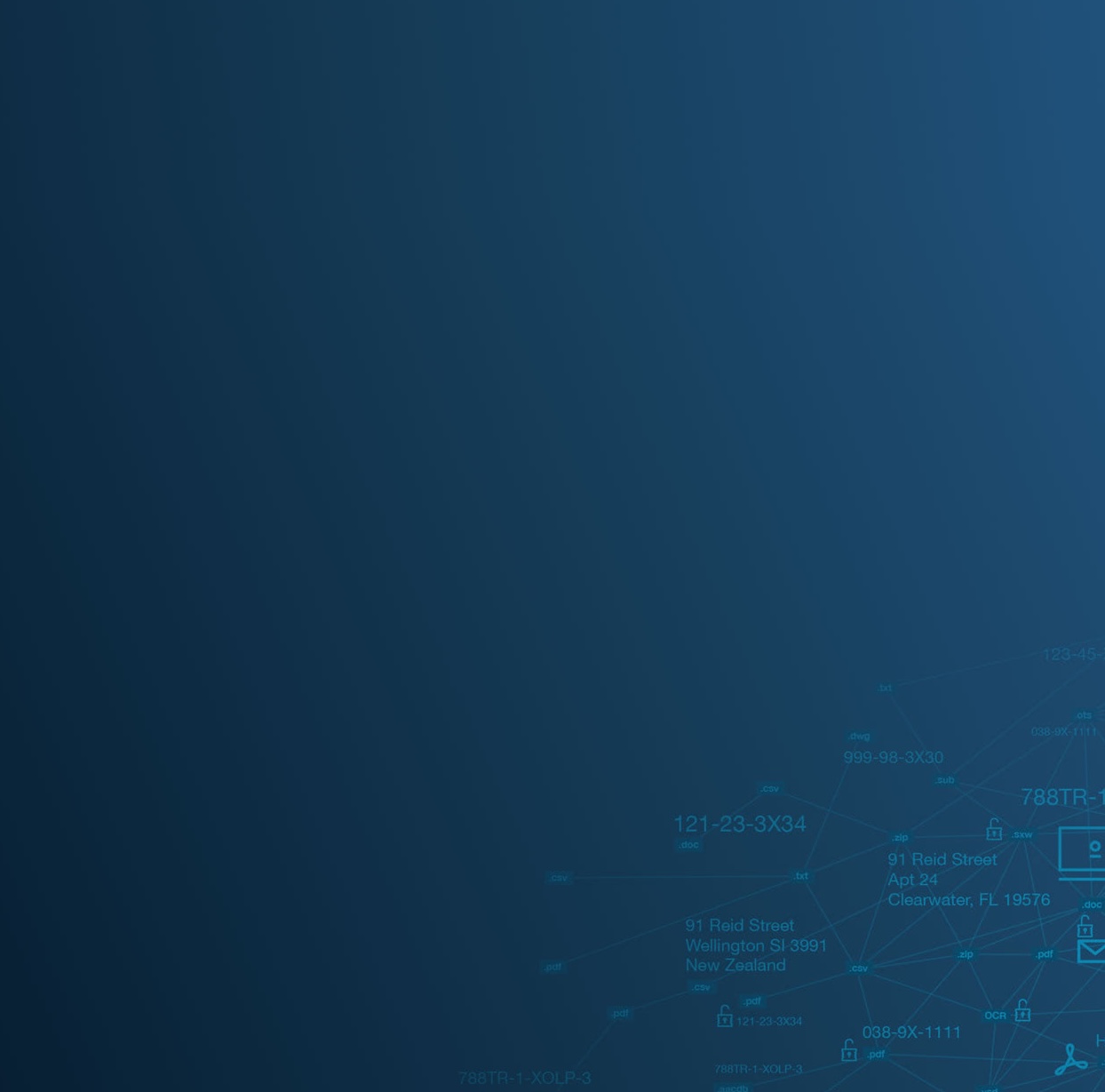This week, Gabe and Cameron talk to a guest with a different perspective on privacy – a freelance investigative journalist who recently had her own privacy invaded. Michelle Madsen is a storyteller at heart, in her hobbies of poetry and theater as well as her professional role of investigating corruption. During our newest episode she shares the cautionary tale of what happened to her – and what you can do prevent the same issues.
Here are highlights from our conversation with Michelle:
Privacy Knows No Boundaries – from a Technology Perspective
Madsen began a project investigating Romanian-Australian businessman Frank Timiş. Timiş had access to lucrative gas fields in Senegal, and then a company connected to him sold the fields to British Petroleum (aka BP) for $1 billion. As Madsen was preparing to travel to Senegal to begin the investigation, she glanced at her phone after a dance class and noticed she had what seemed like a million messages – from people she didn’t know. All the messages wanted to know the same thing: did she write a story published on the news website Modern Ghana about Ousmane Sonko (who was a presidential candidate in the election in Senegal), saying that he had taken a massive bribe from a UK oil company? And it wasn’t just text messages – there were emails, Facebook posts, and tweets asking if she had written the story.
Understandably, Madsen was very confused because, of course, she had not written such a story. At first, she assumed she’d been hacked in some manner. To make matters more confusing, the byline on the story was Michelle Damsen, which is very similar to her own name, and then the press picked up the story and reported that she was saying she didn’t write the story. After the buzz burned out, she began investigating to find out who actually wrote the story, and eventually connected with the BBC about producing a documentary of her investigating how her own privacy was invaded.
And yes, if you want to find out what happened, you’ll need to listen to the episode. You didn’t expect us to give away all the good stuff, did you? But we will give you a clue: she used a phone number, an IP address, and an email address to uncover the fraud.
Social media and privacy
“You can decide what to share on social media and technology. It can be up to you. You don’t have give them everything. You can choose what you give. ”
– Michelle Madsen, investigative freelance journalist
Mud (and Fake News) Sticks – Even if Its Untrue
The fake news story followed her for months. And when she arrived in Senegal for the investigation into Timiş, she met with government officials and was constantly embarrassed trying to explain the mix up about the story. Unravelling herself from the story was extra sticky because the words – corruption, smear, oil – even though she had nothing to do with it, she was associated with it in people’s minds. To make it even more personal, pictures of her from a wedding (and even dressed like a clown) were posted online. And she felt that the professional image she had worked so hard to build was quickly damaged.
The internet is forever
“The fake news aspects of what happened was fascinating because it showed people lie all the time. We all lie, but the internet allows mud to stick, even if it’s disproved.”
-Michelle Madsen, investigative freelance journalist
The News (All the News) Is Biased
When asked to debunk a common myth about journalism, Madsen quickly replied that many people think that the news is unbiased – which she says is definitely not true. She shares that with the pandemic and Black Lives Matter movement, she has been thinking a lot about “Who are you to tell a story?” and “Why do you tell the story?” Her primary interest in investigative journalism revolves around companies that look respectable basically taking resources from countries that have been massively oppressed by the countries that those companies come from. And while her role is telling the story, she feels that sometimes activism is more effective than journalism, but that they both go hand-in-hand.
Bias and media
“Every story has a bias. Everybody has a narrative. If you are interested in finding out the truth, read widely and read deeply and form your own opinion.”
– Michelle Madsen, investigative freelance journalist


